Jump to a section:
Why is organizing important to advance inclusion and justice?
Why is organizing important to advance inclusion and justice?
You may feel strongly about making positive change as an individual, but having a group of peers who feel similarly and are committed to this work will make your efforts that much stronger. Creating a group will give you and others a community to build relationships, encourage one another when you face challenges, brainstorm solutions, and make positive change on a much larger scale than if you were just working alone!
In YCD terms, organizing really means to form a club or group. We call these groups chapters.
What is a YCD chapter?
YCD chapters are inclusive youth-led spaces — typically with two youth co-chairs, two adult mentors, and at least three other youth members — where group members are empowered to:
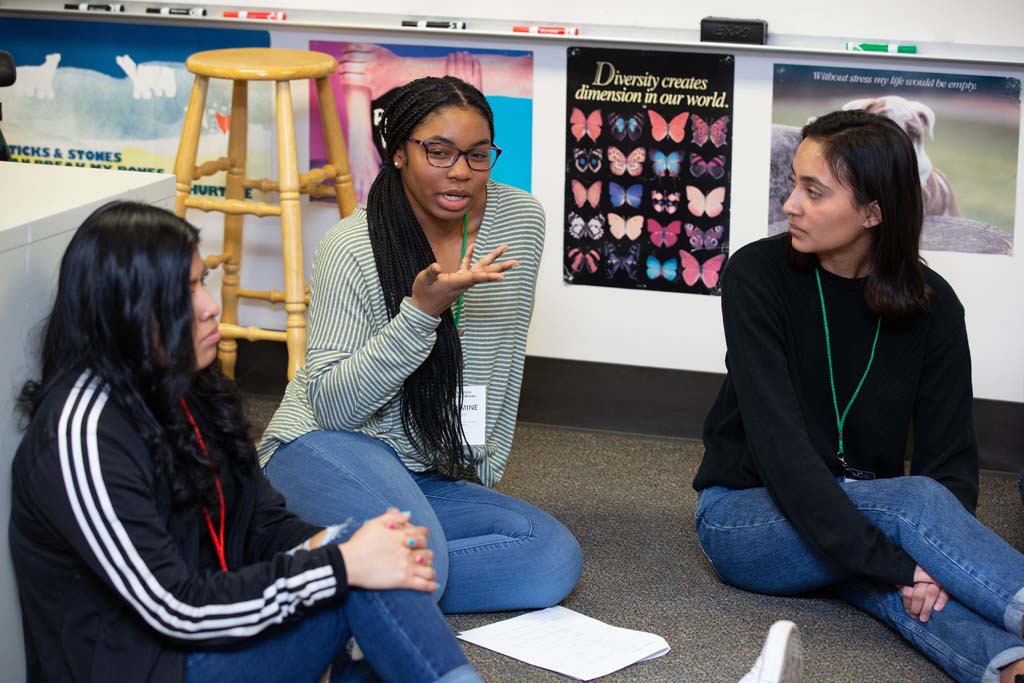
Explore identities
YCD chapters and experiences help young people explore, reflect on, and shape their identities through dialogue, activities, workshops, and group projects that they lead. Participants not only come to understand their identity, but build self-confidence in who they are, as well as who they want to become.
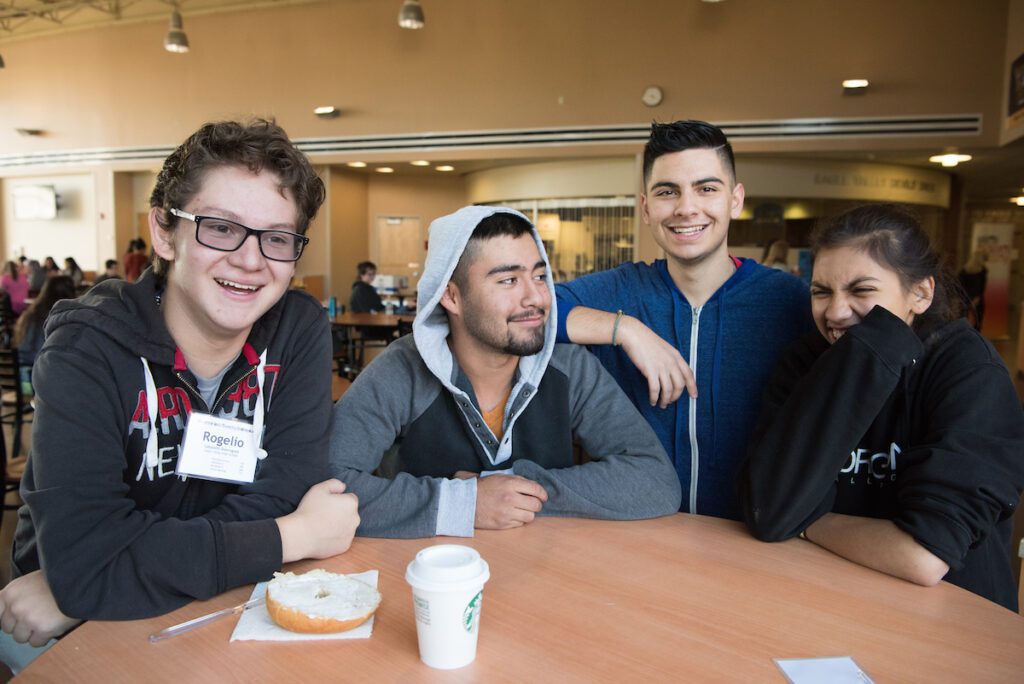
Develop skills to succeed both individually and as activists
YCD provides leadership training to youth leaders of each chapter, so these spaces are authentically youth-led. Leaders gain valuable skills they can use for the rest of their lives, including bonding strategies, facilitation skills, conflict resolution, and much more.
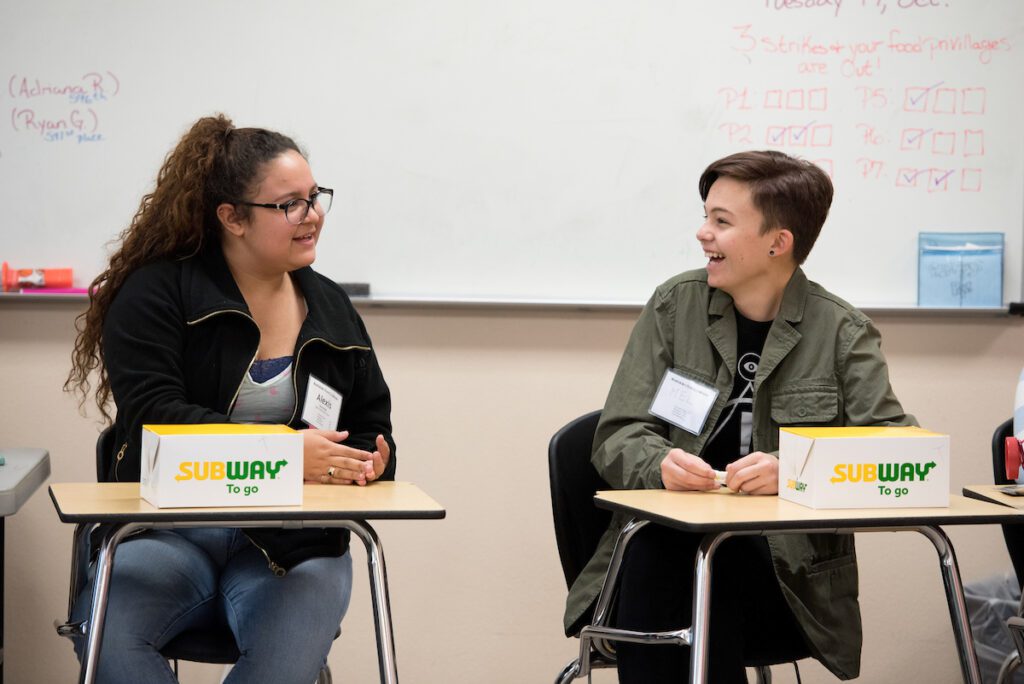
Educate themselves and their peers on social justice issues
YCD chapters provide spaces where young people can explore the social issues they are curious or passionate about. YCD provides workshop guides to help youth learn and reflect on these issues, and to develop a platform for educating their peers around them.
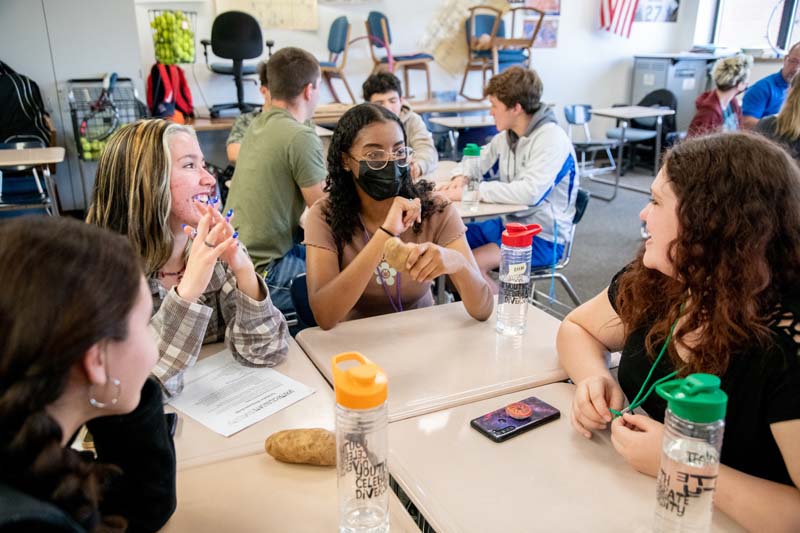
Advance inclusion and justice in their community
YCD chapters provide young people with community, support, and guidance to make a difference through an action project. Chapter members agree on, plan, implement, evaluate, and celebrate the change they made in their community — and it’s 100% youth-led.
Who can participate in my chapter?
YCD chapters each support one age group category, either High School Age (14-18) OR Middle School Age (11-13). YCD strongly recommends that chapters do not combine the age groups to promote authenticity and safety.
There are two types of YCD chapters; you can pick whichever one meets your needs the best:
- Community-based chapters are open to any youth in your community; this means youth from different schools and orgs mixing together on a regular basis, and is YCD’s recommended approach
- School- or organization-based chapters are open to youth who attend a specific school or belong to a specific organization (for example, a Black Student Alliance at a high school); these can be existing clubs/groups that subscribe to YCD for training, support, curriculum, and conference experiences
Whether you have an existing club/group that needs support, or want to start something new, we want to work with you!
What are the benefits of becoming a YCD chapter?
- Training for youth leaders to develop their skills in leading inclusive, authentic, and effective groups
- Strategies and support for recruiting members into your chapter and keeping them engaged
- Access to YCD’s curated library of workshops and curriculum spanning multiple aspects of identity and social justice
- Free registration to attend YCD events and conferences throughout the year
- Connections with young people in the YCD community across your state and the country who are committed to social justice
- Training and ongoing support for adult mentors on how to effectively support youth-led groups
- Adult mentors may be compensated for their ongoing care and work in some situations
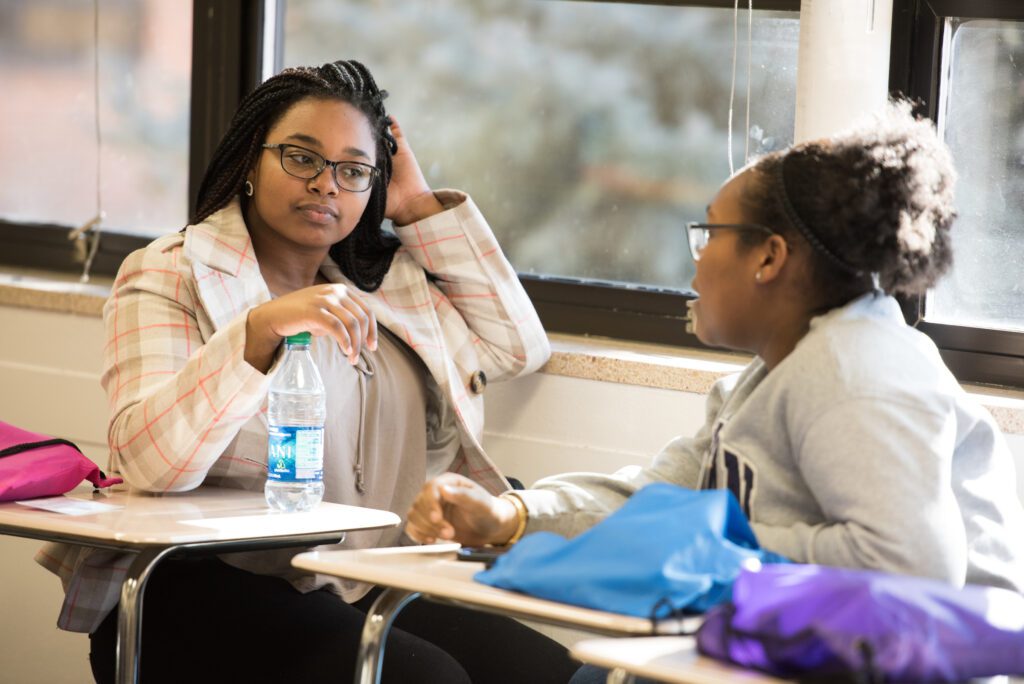
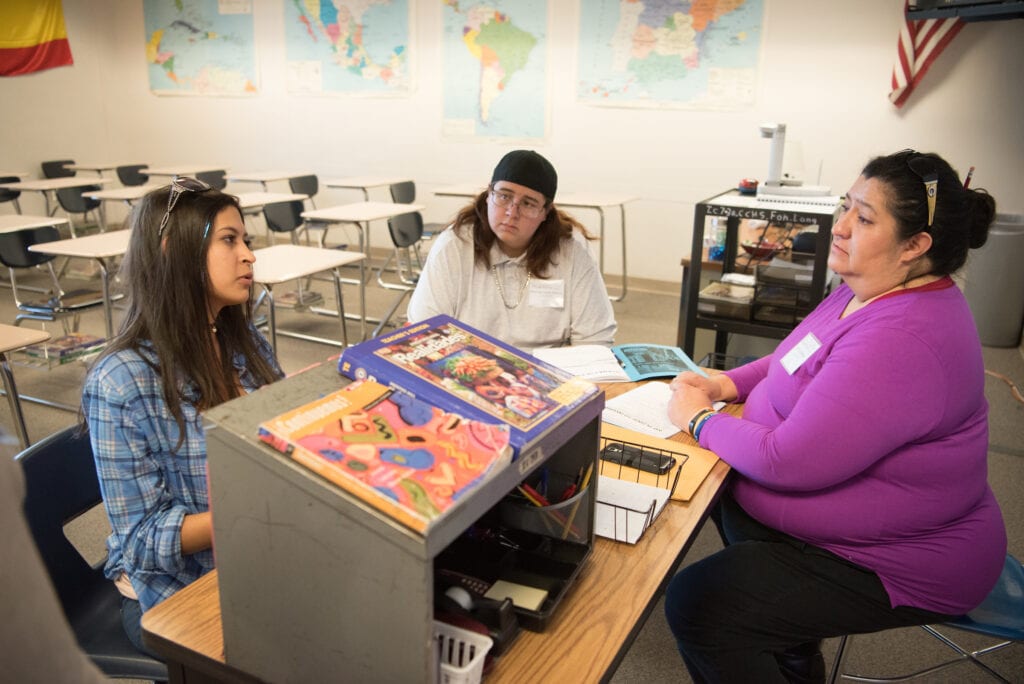
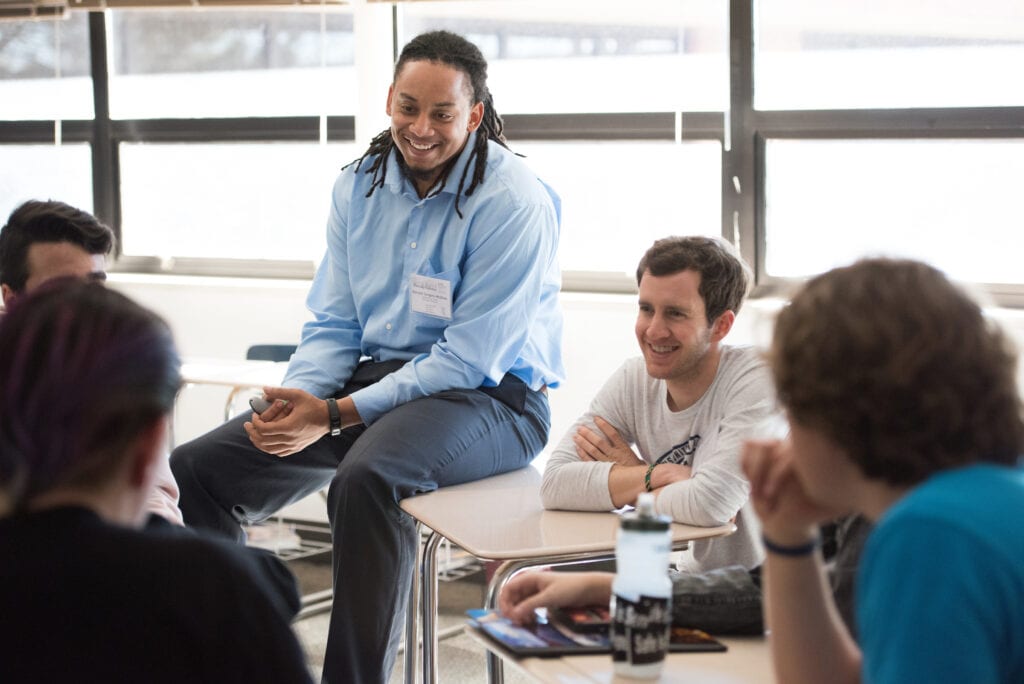
What are the costs to become a YCD chapter?
Because YCD offers slightly different benefits in different states, there are different costs involved with groups registering as a YCD chapter.
| Location and Age Level | Cost |
| Colorado and Wyoming high schools | $250 by December 1, 2024 $300 after December 1, 2024 |
| New Mexico high schools | $200 by February 1, 2025 $250 after February 1, 2025 |
| High schools in all other US states and countries | $150 |
| Middle schools in any state/country | $150 |
We work hard to keep costs low so that YCD programs are accessible to all. If you would like to participate but do not have funds to pay the cost, please contact us to discuss potential scholarships that may be available. We are committed to ensuring that cost never prevents a student or educator from participating in YCD programs.
Can an existing youth club or coalition become a YCD chapter?
Yes! YCD works with schools and organizations currently hosting youth groups, clubs and coalitions that align with our mission. We provide all of the above benefits to these groups to enhance their existing work, and each group can pick and choose the benefits they need or want.
Do I have to join or create a YCD chapter in order to participate in YCD events?
No. While we strongly encourage folks to join or create chapters so they have local support and structure for their efforts, YCD also allows individuals to register and participate in our events. You can find more information about specific events in the Events section of this website. However, we have found that youth have a much more impactful and profound experience if they join or create a chapter using the YCD model. Contact us to discuss questions or concerns in more detail!
How do I get started / sign up?
Ready now?
YCD is building and supporting chapters across the country! Click the button below to start the process of either beginning/joining a chapter, or registering your group as a chapter.
Need more info?
Learn about student leadership training offered by YCD, including how to set group norms, spark and manage discussions, resolve conflict, build consensus and more!